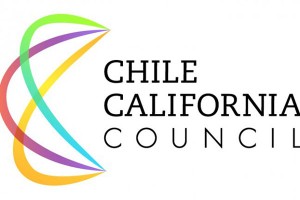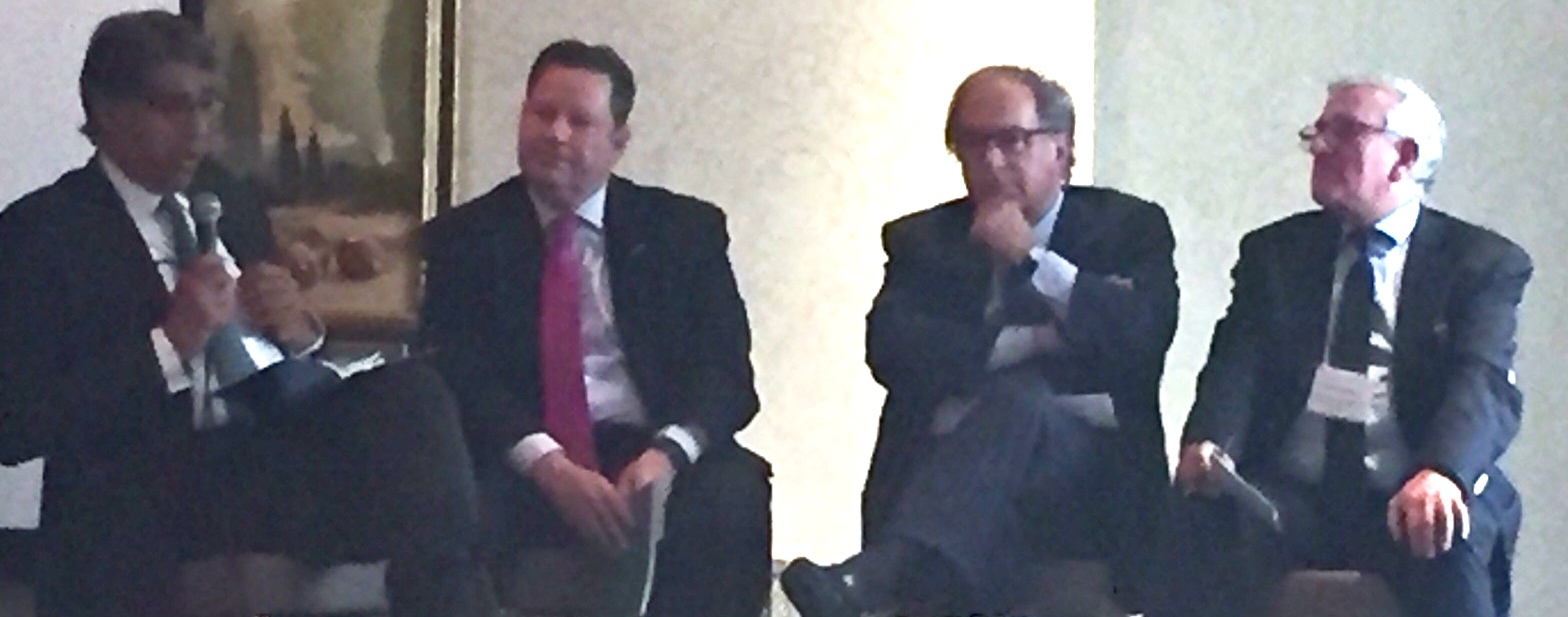 On April 21 and 22, the Chile-California Council met in San Francisco for their annual meeting. The Council is an international non-profit organization that promotes mutually beneficial relationships and knowledge sharing between Chile and California in both the private and public sectors.
On April 21 and 22, the Chile-California Council met in San Francisco for their annual meeting. The Council is an international non-profit organization that promotes mutually beneficial relationships and knowledge sharing between Chile and California in both the private and public sectors.
 See CalChamber.com/Chile – Chile-California Council and Chile-CA Council website.
See CalChamber.com/Chile – Chile-California Council and Chile-CA Council website.
The organization works in the realm of relational public diplomacy. The Council unites advocates from both the public and private realms to support bi-lateral cooperation among individuals, groups, organizations, corporations, world class universities, and governmental agencies to promote scientific research, entrepreneurship, social innovation and public leadership. The California Chamber of Commerce has been a member since its inception.
The San Francisco annual meeting focused on a number of issues including climate change, innovation hubs and regional advantages, economic development challenges and opportunities, and the Trans Pacific Partnership.
U.S. – Chile Relations

Chile is an important partner with the U.S.-Chile Free Trade Agreement implemented on January 1, 2004. On February 28, 2014, Chile became the 38th nation to join the Visa Waiver Program.
Two-way trade in goods between the United States and Chile was approximately $24.5 billion in 2015. According to the U.S. Department of Commerce, U.S. goods exports to Chile increased 474 percent in the 12 years since the FTA went into effect, from $2.7 billion in 2003 to $15.6 billion in 2015. Exports to Chile of transportation equipment, petroleum, machinery, and chemicals from the United States have experienced a marked increase since 2003.
Chile- California Trade
Chile is the United States’ 22st largest export destination with $15.6 billion in exports. Top imports from Chile to the United States include primary metal manufacturing, agricultural products, and food manufactures. Top exports from the United States to Chile include transportation equipment, petroleum & coal products, machinery, and chemicals. Nearly 12,000 US firms export approximately 5,000 different products to Chile. Over 2,000 Chilean firms exported as many different products to the US.
Trans Pacific Partnership
As one of the 12 members of the TPP, Chile has signed free trade agreements with all the nations of the proposed Trans Pacific Partnership.
On February 4, 2016, after more than five years of negotiations, trade ministers representing Australia, Brunei Darussalam, Canada, Chile, Japan, Malaysia, Mexico, New Zealand, Peru, Singapore, United States, and Vietnam, signed the Trans-Pacific Partnership Agreement (TPP) in Auckland, New Zealand. On November 5, 2015, the TPP agreement became publicly available by the U.S. Trade Representative at http://go.wh.gov/TPPText. Leaders of the current twelve Trans-Pacific Partnership countries successfully concluded the negotiations of the Trans-Pacific Partnership on October 5, 2015.
In 2015, U.S. exports with the TPP members reached $680.1 billion and California exports were $68.7 billion, according to the U.S. Department of Commerce. According to the January 2016 Peterson Institute for International Economics report, TPP will increase annual real incomes in the United States by $131 billion, or 0.5 percent of GDP, and annual exports by $357 billion, or 9.1 percent of exports, over baseline projections by 2030, when the agreement is nearly fully implemented. Annual income gains by 2030 will be $492 billion for the world. While the United States will be the largest beneficiary of the TPP in absolute terms, the agreement will generate substantial gains for Japan, Malaysia, and Vietnam as well, and solid benefits for other members.
CalChamber Position
The California Chamber of Commerce, in keeping with long-standing policy, enthusiastically supports free trade worldwide, expansion of international trade and investment, fair and equitable market access for California products abroad and elimination of disincentives that impede the international competitiveness of California business.
New multilateral, sectoral and regional trade agreements ensure that the United States may continue to gain access to world markets, resulting in an improved economy and additional employment of Americans.
The California Chamber of Commerce supports the TPP with participants complying with current international norms and obligations, and committing to the high standards currently being negotiated for trade and investment, as well as, intellectual property protection and enforcement.
Agreements like this would ensure that the United States may continue to gain access to world markets, which will result in an improved economy and additional employment of Americans.
Staff Contact: Susanne T. Stirling

